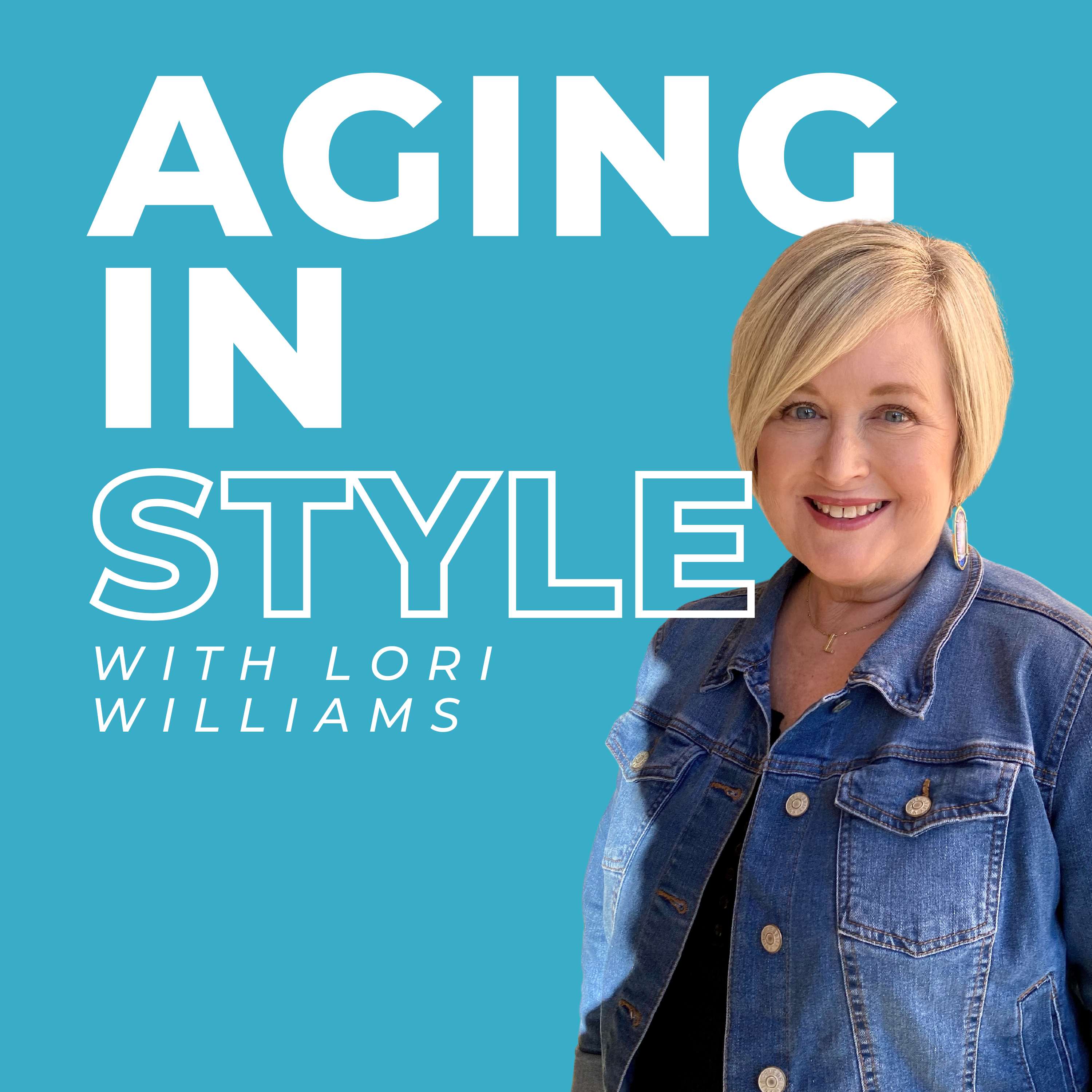194. LGBTQ Resources for People with Dementia and their Support Circle: Replay
There are an estimated 2.7 million LGBTQ people over the age of 50. With Alzheimer’s projected to affect 13 million people by 2050, we can anticipate this impacting many members of the LGBTQ population.
In honor of Pride Month, Megan Rowe joins me to explain how Alzheimer’s uniquely impacts this population. As the former Senior Program Manager for the Alzheimer’s Association Dallas and Northeast Texas Chapter, Megan provides statistics and tips on supporting LGBTQ seniors. Her expertise lends itself to educating and supporting families and individuals with the disease and caregivers alike.
With an average of one and a half people caring for one person with dementia, there are many unpaid loved ones helping assist this population. It’s important to note support systems look different for the LGBTQ population, and being an ally involves taking a different look at what a support system might look like and training ourselves with validating language and knowledge.
Topics discussed:
- LGBTQ community
- Supporting LGBTQ seniors
- LGBTQ and Alzheimer’s / dementia
- LGBTQ education resources
- Alzheimer’s Association and SAGE
- LGBTQ and senior living
- Representation
- Ageism
- Pronouns
Takeaways from this episode:
- Caregiving doesn’t always begin with age; it became a vital role of the LGBTQ community in the 1980s. “Caring for our own” is a common concept within the LGBTQ community.
- It’s important that intake processes discuss chosen family or important people in one’s life as opposed to biological family. Many LGBTQ don’t have a relationship with their family of origin and may not have children.
- If you don't collect information on sexual orientation and gender identity, you don't know who you're serving, whether there are gaps in services, and the differences among people’s needs.
- Publicize your commitment to welcoming people of diverse sexual orientations and gender identities. Then follow through by becoming LGBTQ competent, getting the right training, and welcoming the community through outreach.
- Sharing your pronouns is a way to show you’re validating, trustworthy, and support the LGBTQ community.
- LGBTQ people should complete advanced directives and record their wishes in legal documents - especially important for those who are isolated or don’t keep in touch with family.
Resources mentioned in this episode:
Get my new book, 'Surrounded by Love: One's Family Journey Through Stroke Recovery': https://loriwilliams-seniorservices.com/book
To suggest a topic, be a guest or support the podcast, please email Lori@Loriwilliams-seniorservices.com
For more senior resources and to sign up for the newsletter, please visit:
https://www.facebook.com/LoriWilliamsSeniorServices/
https://www.instagram.com/theloriwilliams/
https://www.linkedin.com/in/theloriwilliams/
https://loriwilliams-seniorservices.com/aging-in-style-podcast/
2022 Alzheimer's Disease Facts and Figures report
https://www.alz.org/alzheimers-dementia/facts-figures
LGBTQ Community Resources for Dementia
https://www.alz.org/help-support/resources/alzheimers-and-dementia-resources-for-lgbtq-commun
083. The true economic impact of Alzheimer's Disease
Free online community for everyone affected by Alzheimer's or another dementia
The 10 signs of dementia:
https://www.alz.org/alzheimers-dementia/10_signs
080. The Love Always Project: Your final gift to a family well-loved

